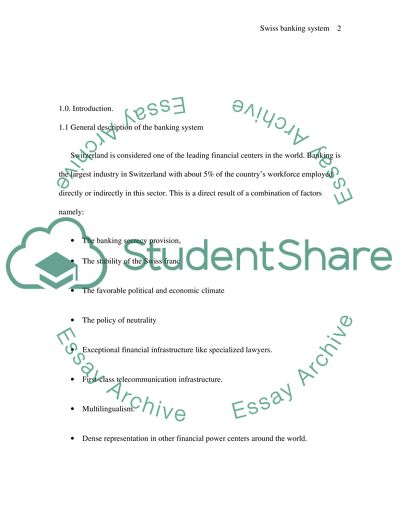Cite this document
(“Critically evaluate the banking system in Switzerland Essay”, n.d.)
Critically evaluate the banking system in Switzerland Essay. Retrieved from https://studentshare.org/miscellaneous/1530171-critically-evaluate-the-banking-system-in-switzerland
Critically evaluate the banking system in Switzerland Essay. Retrieved from https://studentshare.org/miscellaneous/1530171-critically-evaluate-the-banking-system-in-switzerland
(Critically Evaluate the Banking System in Switzerland Essay)
Critically Evaluate the Banking System in Switzerland Essay. https://studentshare.org/miscellaneous/1530171-critically-evaluate-the-banking-system-in-switzerland.
Critically Evaluate the Banking System in Switzerland Essay. https://studentshare.org/miscellaneous/1530171-critically-evaluate-the-banking-system-in-switzerland.
“Critically Evaluate the Banking System in Switzerland Essay”, n.d. https://studentshare.org/miscellaneous/1530171-critically-evaluate-the-banking-system-in-switzerland.


